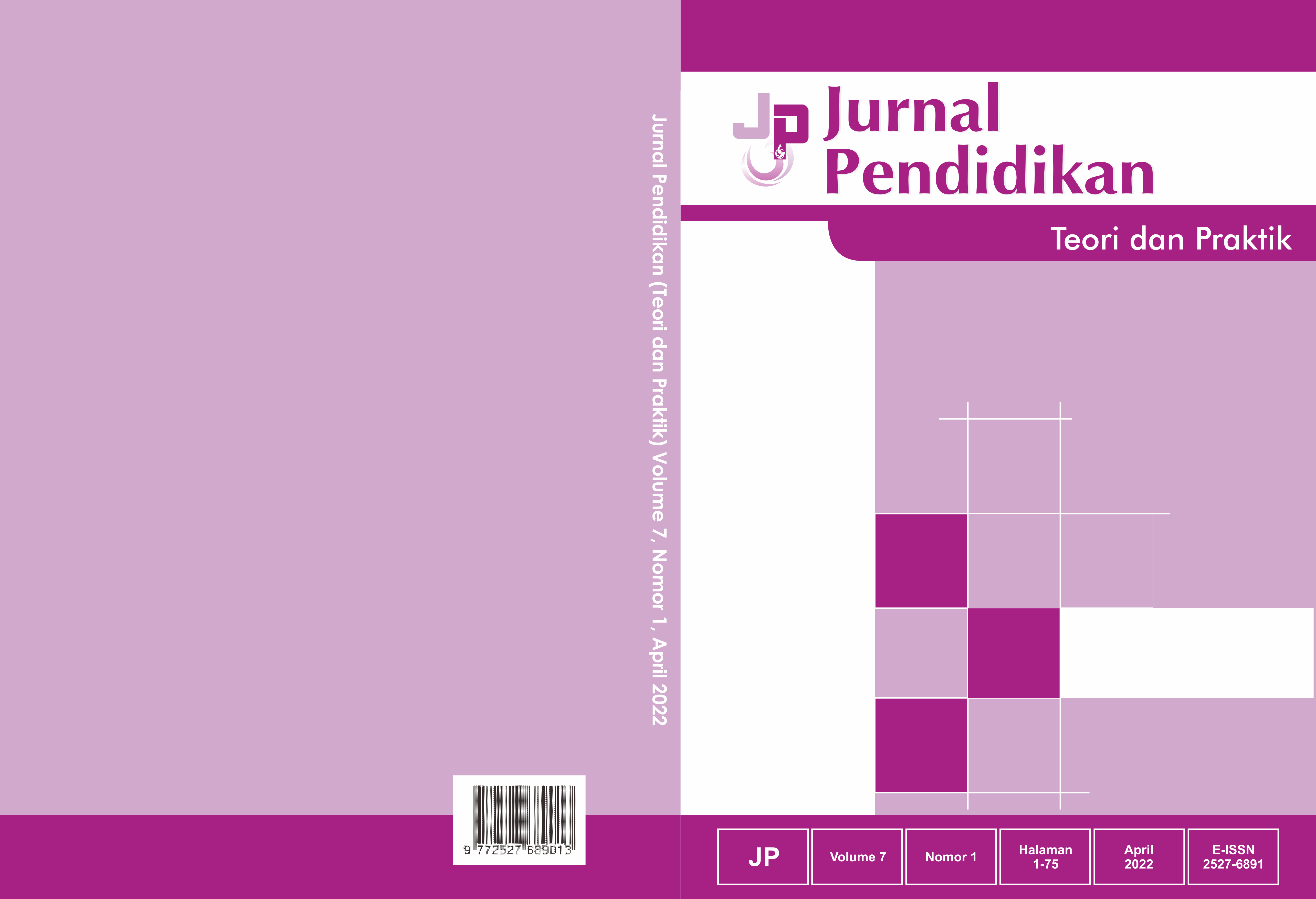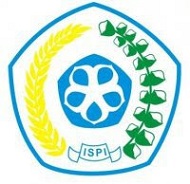CURRICULUM ORGANIZATION
DOI:
https://doi.org/10.26740/jp.v8n1.p46-57Keywords:
Organization Curriculum, Principles VerticalAbstract
Curriculum organization has an important role in facilitating students to learn subject matter, thereby achieving effective learning objectives. Curriculum organization, i.e. the pattern or form of learning materials compiled and delivered to students which is a very important basis in curriculum development and is closely related to the goals of the educational program to be achieved, because the form of the curriculum also determines the learning materials, their sequence and how to present them to students/learners. This study uses the method of library research (library research) which takes data sources from relevant theories. The data sources in this study are the subject of valid and relevant data using primary data collection techniques with updated and online documentation, as well as supporting or secondary data by seeking the latest sources, whether in the form of books, articles, or websites. The results of this study are a discussion of the concept of curriculum organization, principles of curriculum organization, vertical curriculum organization, and horizontal curriculum organization.
References
Rukminingsih, G. Adnan, and M. A. Latief, Metode Penelitian Pendidikan, vol. 53, no. 9. Yogyakarta: Erhaka Utama, 2021.
Baderiah, Buku Ajar Kurikulum. Palopo: Lembaga Penerbit Kampus IAIN Palopo, 2018.
J. D. McNeil, Curriculum A Comprehensive Introduction. Canada: Little, Brown & Company, 2017.
M. Talla, Curriculum Development, Perspectives, Principles and Issues. 2012.
M. Ansyar, Kurikulum, Hakikat, Fondasi, Desain & Pengembangan. Jakarta: Kencana, 2012.
P. . Kristen R. Stephens, Ph.D., and Frances A. Karnes, Ed., Introduction to curriculum design in gifted education. Texas: Prufrock Press Inc., 2016.
Sukiman, Pengembangan Kurikulum Perguruan Tinggi. Bandung: Remaja Rosdakarya, 2015.
E. A. Griffin, A Firs Look at Communication Theory. New York City: McGraw-Hill, 2003. [Online]. Available: https://www.ptonline.com/articles/how-to-get-better-mfi-results
F. Robin, Integrate the Curricula. Amerika: C&M Digitals (P) Ltd., 2009.
J. Plihal, INTEGRATION OF VOCATIONAL AND ACADEMIC EDUCATION: THEORY AND PRACTICE. National Center for Research in Vocational Education Materials Distribution Service Western Illinois University, 1992.
Downloads
Published
How to Cite
Issue
Section
License

This work is licensed under a Creative Commons Attribution-ShareAlike 4.0 International License.
 Abstract views: 1251
,
Abstract views: 1251
, PDF Downloads: 1101
PDF Downloads: 1101








.png)





